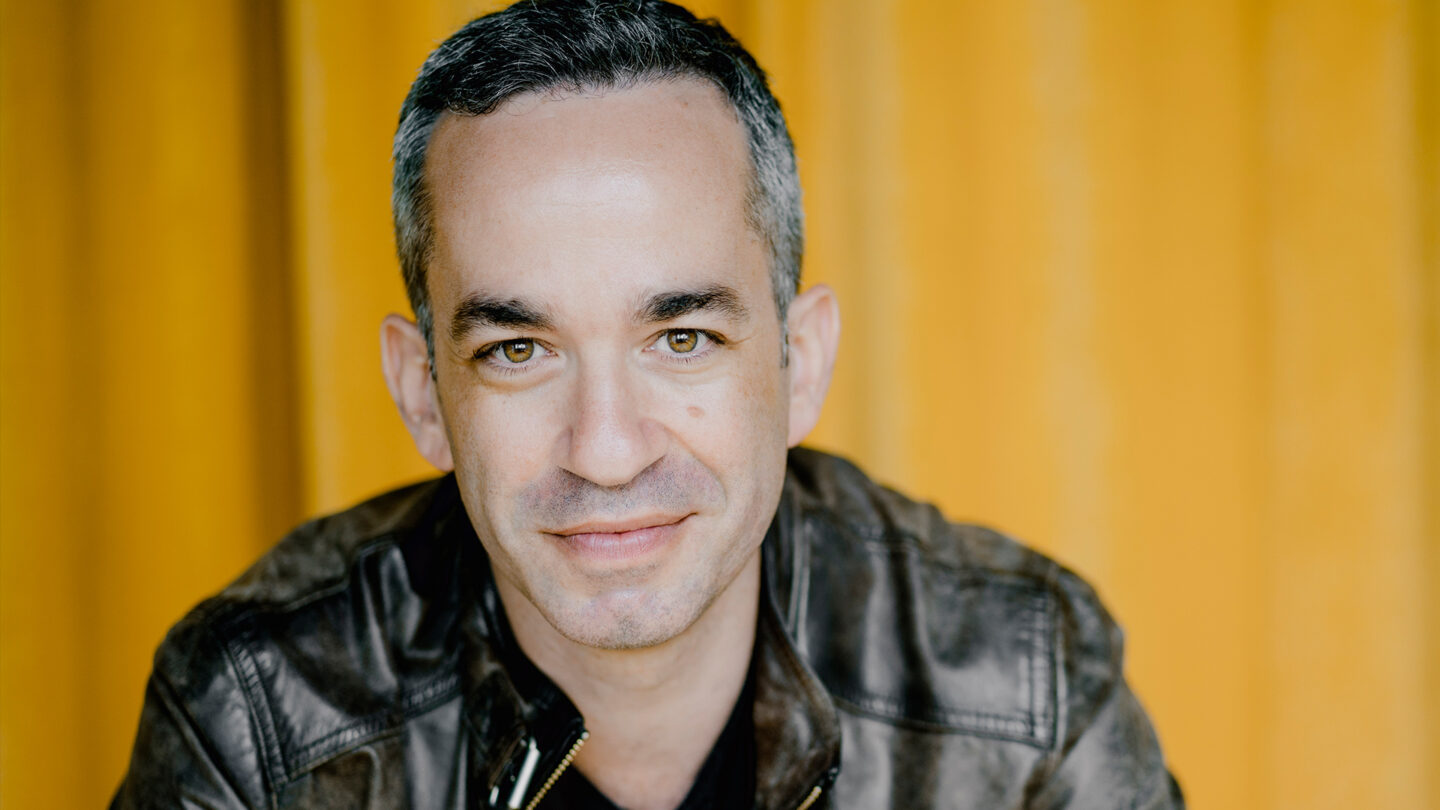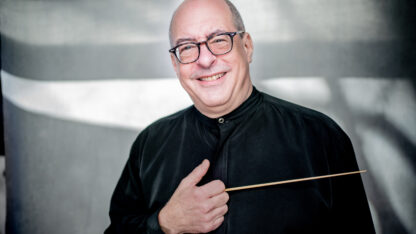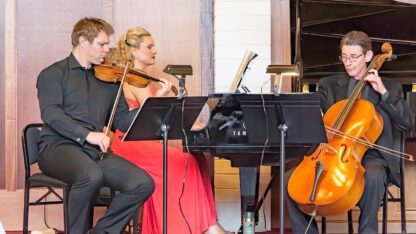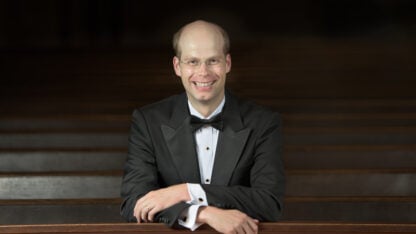Pianist Inon Barnatan performs Rachmaninov's repertoire this weekend with the Atlanta Symphony Orchestra

Pianist Inon Barnatan has won ongoing acclaim from the most discerning critics as a concert performer, chamber musician and curator. Barnatan will be the guest soloist for the Atlanta Symphony Orchestra‘s concerts this weekend, Nov. 17-19, and he joined “City Lights” host Lois Reitzes via Zoom to talk about the repertoire he’ll present.
Interview highlights:
On Rachmaninov’s variations on a famous Paganini theme:
“One of the charms of this particular theme is how simple it is, both mathematically and harmonically. It’s just a skeleton; you can put whatever you want on top,” said Barnatan. “Rachmaninov almost emphasizes that by starting this piece in the most simple way possible, with the violins in the orchestra just stating the theme as it is … The first variation could be played by a 5-year-old. It’s just single notes outlining the very skeleton of the theme. And then of course, soon after he delves into a much more elaborate and increasingly elaborate use of the piano.”
“It’s hard to think of another composer — except for perhaps Chopin — that understood the piano so thoroughly and so magnificently; the type of writing that Rachmaninov can write for the piano where it can sound the most pianistic at the same time as sounding the most orchestral and the most vocal. And he weaves his magic in every variation, really, tells a miniature story in sound.”
“There’s a point that’s really personal to me because I hear something there that I think maybe just I hear. But there’s a variation in which it sounds like Rachmaninov is just inching up and running up this steep cliff, and there’s so much effort, and then at some point he just launches off the cliff and starts drifting in the air. Musically and sonically, it’s such a glorious effect, so I always imagine it as the … ‘paragliding’ variation,” Barnatan mused.
On Barnatan’s extracurricular passion project, a rare Rachmaninov transcription:
“I’ve always wanted to transcribe this piece by Rachmaninov, the ‘Symphonic Dances,’ which is an orchestral piece, the last piece he wrote not too long after the Paganini variations. And I’ve always wanted to play it on one piano. Rachmaninov himself transcribed it for two pianos, but I heard a recording, a very private, almost illicit recording that somebody made of Rachmaninov playing it for Eugene Ormandy before the very first performance of ‘Symphonic Dances…’ He plays it on one piano and it really is quite a remarkable document,” said Barnatan. “As soon as the pandemic hit … I just devoted myself to making a solo piano transcription of that.”
On music echoing across time and Barnatan’s “Time Traveler Suite” recital album:
“I’ve always been fascinated by the conversations that composers have with each other across centuries,” Barnatan said. “When I play, whether it’s a solo recital or an orchestral recital or chamber music, I think it’s so much more gratifying and interesting to me to hear how music is alive and how it’s reverberated, how certain musical ideas reverberate through centuries. And certainly we hear that with Rachmaninov engaging very directly with themes by another composer, and he famously made all these transcriptions of Bach and of his fellow composers despite being accused of looking backwards more than forwards.”
“One of the composers I really admire these days is Thomas Adés. Whenever he writes a new piano piece, I’m sure to get the score and try and play it. And there was this piece that he wrote that I ended up doing the U.S. premiere of, the ‘Blanca Variations,'” recounted Barnatan. “To me, though, it sounded very baroque-y. It sounded so inspired by the music of the baroque, which Thomas Adés is very, very connected to … So I decided to put together a journey that connects pieces from the baroque to composers that were inspired by the baroque period through the 20th and 21st century. So the entire album is basically putting together a suite, like a baroque suite, but every movement of that suite… is by a different composer from a different century.”
Inon Barnatan will perform at Atlanta Symphony Hall on Nov. 17, and Nov. 19. Tickets and more information are available at www.aso.org/events/detail/inon-barnatan-plays-rachmaninov.








